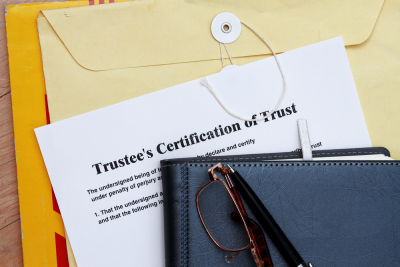A Brief Overview of a Trustee’s Duties
If you have been appointed the trustee of a trust, it is a strong vote of confidence in your judgment and trustworthiness. It is also a major responsibility. A trust is a legal arrangement through which one person (or an…


